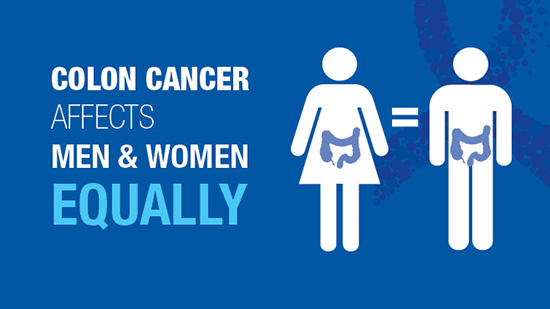Recent Posts
Lifestyle, diet in inflammatory bowel disease

Inflammatory bowel disease, also known as IBD, consists of Crohn's disease and ulcerative colitis. No specific food, diet or lifestyle causes, prevents or cures inflammatory bowel disease. And multiple factors can trigger the diagnosis.
Your diet does not cause inflammatory bowel disease, or induce a flare. However, modifying your diet can manage symptoms during a flare.
While several specialized diets may help certain patients, no plan has been proven to prevent or control inflammatory bowel disease, except for enteral nutrition, which is delivered in a nutrient-rich formula.
Keeping a food diary is a great way to manage flare-ups. A dietitian specializing in inflammatory bowel disease may recommend a particular diet based on your symptoms.
These tips may help you manage inflammatory bowel disease:
- Start with a low-fiber or liquid diet until the situation resolves. Avoid identified trigger foods.
- Eat a low-fiber diet. Limit foods such as seeds, nuts, beans, fruit and bran.
- Try a low FODMAP diet. FODMAP stands for fermentable, oligo-, di-, monosaccharides and polyols. This type of diet cuts back on a group of sugars that can be poorly absorbed by your gastrointestinal tract. This includes foods containing fructose; lactose; sugar polyols, such as sorbitol and mannitol; fructans, which are found in garlic, leeks, artichokes, and wheat; and galacto-oligosaccharides, which are found in lentils, chickpeas, and green peas.
- Drink water to stay hydrated.
- Avoid caffeine and energy drinks.
- Learn more about inflammatory bowel disease from the Crohn's & Colitis Foundation.
Be careful with vitamins and mineral supplements. Remember, most of your needed vitamins are obtained by eating a balanced diet. Some over-the-counter supplements can contain lactose, starch and other ingredients that can worsen your symptoms.
Besides eating a recommended diet, some supplements may be suggested for patients with inflammatory bowel disease. Talk to your health care professional about healthy levels of calcium, vitamin D, folic acid, vitamin B12, iron and zinc.
As with any health condition, a healthy lifestyle makes it easier to manage your diagnosis:
- Don't smoke or quit smoking.
- Get regular physical activity to build bone and muscle mass.
- Eat a sensible diet.
- Maintain a body mass index of less than 25.
By tuning in to your body, making healthy choices and working closely with your professional, you can enhance your quality of life living with inflammatory bowel disease.
By Mayo Clinic Health System staff





